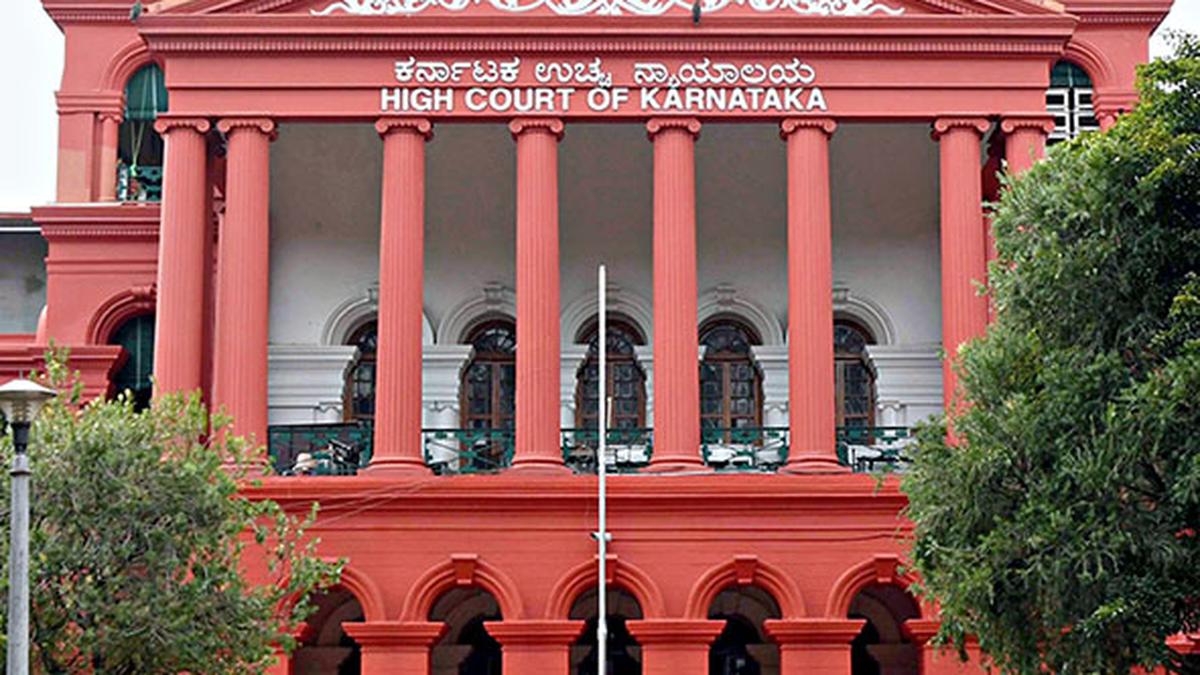Now Reading: Karnataka HC Denies Plea to Quash KAS Officer’s Corruption Case
-
01
Karnataka HC Denies Plea to Quash KAS Officer’s Corruption Case
Karnataka HC Denies Plea to Quash KAS Officer’s Corruption Case

Swift Summary
- The Karnataka High court refused to quash a disproportionate assets case against KAS officer B. Sudha, citing prima facie evidence of corruption.
- A stay order preventing lokayukta police from filing a chargesheet without court permission was vacated.
- Justice M. Nagaprasanna stated that the allegations are grave and require a full trial for the accused to clear their name.
- The High Court clarified that Section 13 of the Prevention of Corruption Act does not necessitate prior approval for investigating disproportionate assets cases, rejecting claims that legal procedure was violated in the examination.
- The case originates from a private complaint lodged in August 2020 by Abraham T.J., alleging massive corruption during Ms. Sudha’s tenure as Assistant Commissioner and Land Acquisition Officer for Bangalore growth Authority (BDA).
- Allegations included bribe collection through agents linked to landowners, enabling Ms. Sudha’s acquisition of properties worth several crores across Bengaluru, Udupi, and Doddaballapur.
Indian Opinion Analysis
The Karnataka High Court’s decision underscores the judiciary’s zero-tolerance stance on allegations of corruption among public officials.By refusing to dismiss the charges despite arguments raised by B. Sudha’s defense regarding investigative procedures, the court has emphasized the need for accountability under Section 13 of the Prevention of Corruption Act.This case highlights critical concerns about systemic integrity in administrative processes concerning land acquisition-a sector frequently enough marred by controversies over compensation fairness and procedural transparency. If proven true at trial, thes allegations may indicate deeper structural issues requiring reforms in oversight mechanisms within government bodies like Bangalore Development Authority.
For India as a whole: combating corruption remains vital to bolstering trust in public institutions and ensuring equitable governance systems-especially when high-ranking officials are implicated.






















